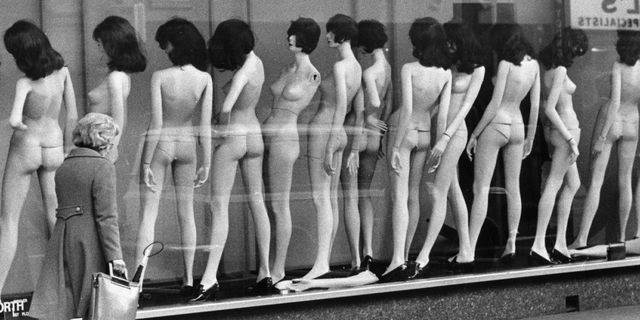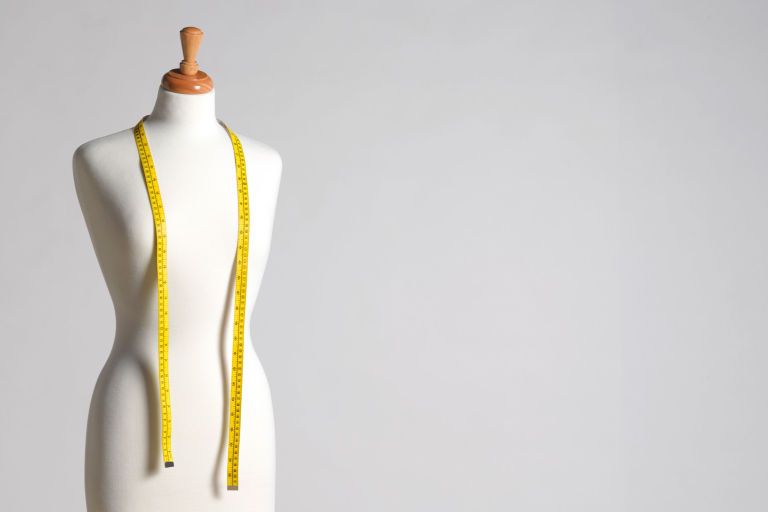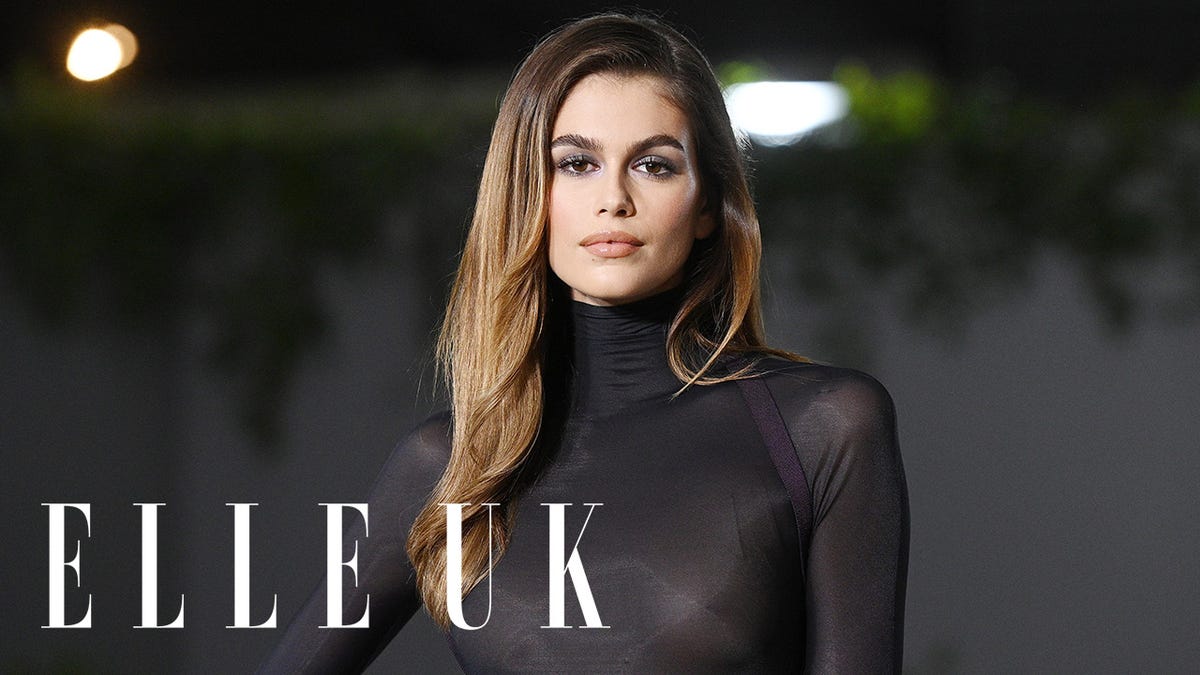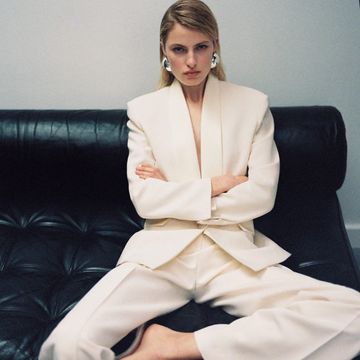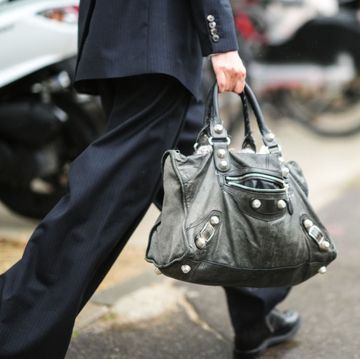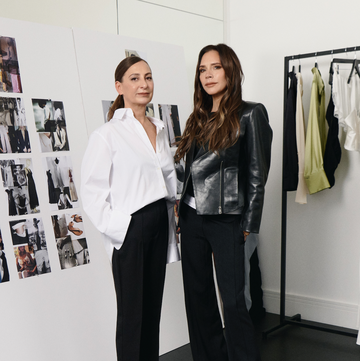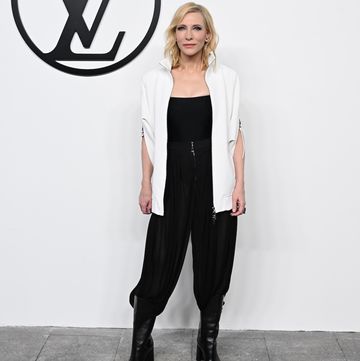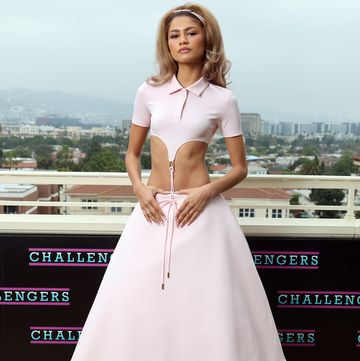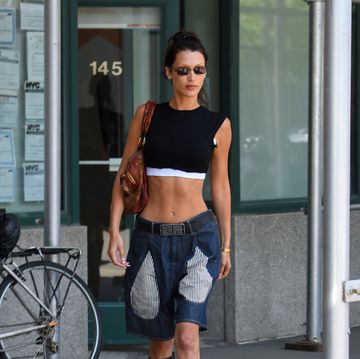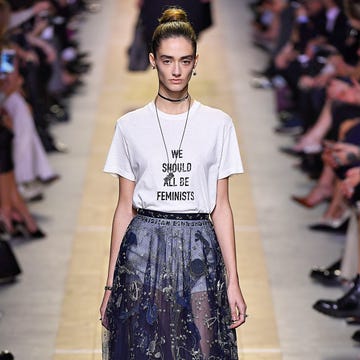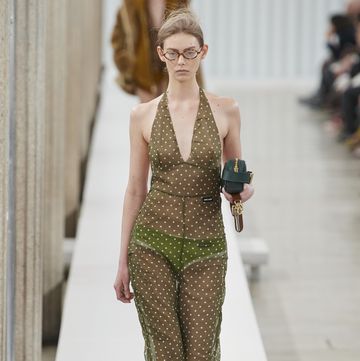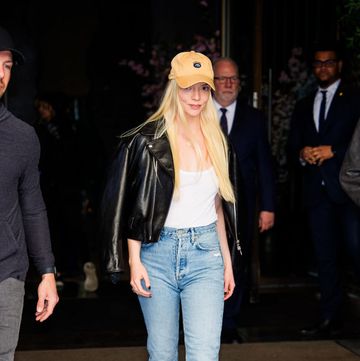Clothing store mannequins have been described as 'unrealistic', according to a new study published in the Journal of Eating Disorders.
Researchers looked at mannequin window displays in fashion stores in two cities, Liverpool and Coventry, and found that if a woman was the same size they would be 'considered medically unhealthy'.
'There is clear evidence showing that the ultra-thin ideal is contributing to the development of mental health problems and eating disorders,' writes Dr Eric Robinson, the study's author.
Talking to the BBC, Robinson said: 'We didn't find a single female mannequin that was a normal body size on display.'
Researchers from the University of Liverpool originally wanted to measure the exact dimensions of the mannequins, but high-street retailers refused to give them permission.
Instead, they were tasked with visually assessing the models.
The study showed that only one in 10 of male mannequins were underweight, although many were still unrealistic.
'Although male mannequins were less likely to be slender than female mannequins and therefore more representative of what constitutes a 'normal' male body weight, during data collection it was noted that a number of the male mannequins appeared unrealistically muscular,' the research states.
'In the same way that exposure to ultra-thin ideals may negatively affect body image in women, exposure to unattainable muscular ideals may promote body dissatisfaction in men.'
